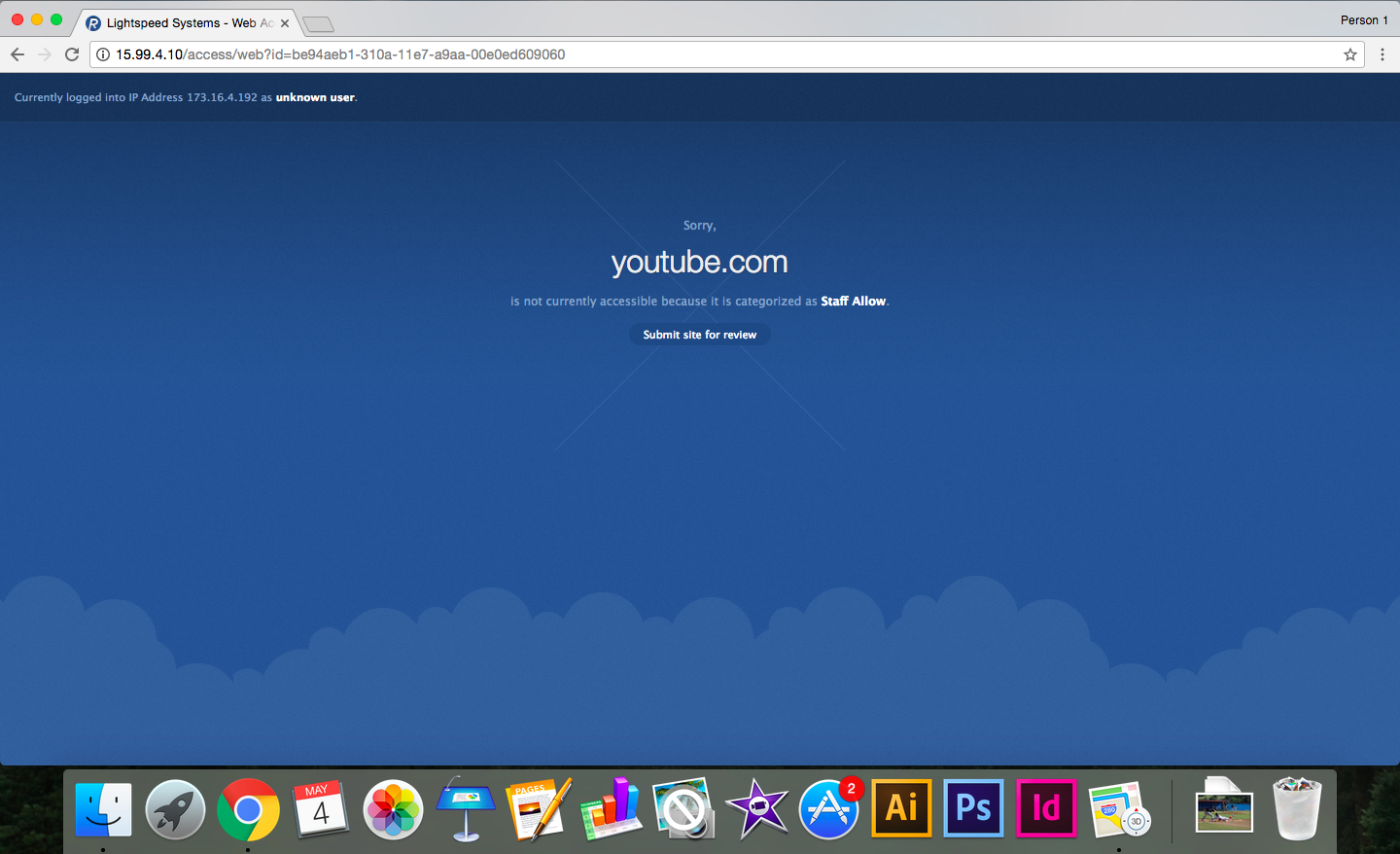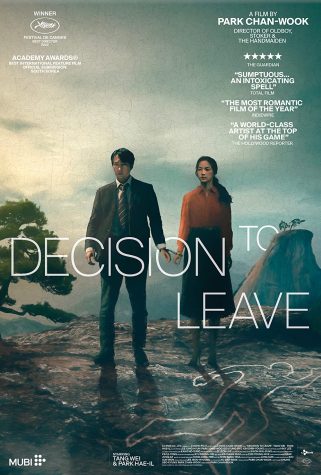School Internet Censorship Impairs a Student’s Ability to Learn
Imagine you are in Study Hall attempting to excel in your studies by completing your homework. Suppose you come across a road block and find it imperative that you watch a lesson about the topic you are struggling with on YouTube. This pursuit of knowledge becomes immediately halted as the Internet barricade of your school’s Internet is activated. Now, you are confused, frustrated and stressed.
In our technological age, Internet access is almost always a necessity to complete homework assignments, because let’s be honest — trips to the library for research are obsolete. The galvanic Internet censorship put in place by school officials constructs a digital divide for its students. School administrations nationwide exert control over Internet access for students. Despite some benefits, blocking the Internet has mostly unfavorable effects and undermines learning at school.
Multiple times a week, I find myself in an annoying and inconvenient situation when I am deterred from watching the “Bozeman Science,” “Crash Course” or “Khan Academy” video — that was assigned to me to watch — because YouTube is blocked on student wifi. Although YouTube does contain content that could lead a student astray from the task at hand, the site also has countless educational tutorials — videos on homeostasis or World War II, for instance. The Internet restrictions on student wifi limit my and other students’ abilities to succeed or efficiently learn, as it creates a situation where I will have to backtrack later and watch the video when I arrive at home.
The school Internet network also restricts certain websites (like Youtube, or, on guest wifi, Wikipedia) that may be useful in understanding a particular concept. What mainly causes this issue is the algorithm that determines what websites to block, rather than actual human beings. Thus, if the computer recognizes even just one word that may sound suspicious, it will block the website, even if the word is totally acceptable in that context.
The most commonly cited reason for school Internet restrictions is to block students from unsavory websites; however,students can easily circumvent that barrier by utilizing data on their phones. Internet deterrence at school is largely ineffective at keeping students away from harmful websites and ultimately just inhibits students from accessing educational content.
Even though the ability to use the Internet freely is not a life-threatening situation, it is equally important because the Internet provides opportunity. Because of the Internet restrictions put into place, debate team members are inhibited from researching controversial arguments, students studying various sciences are blocked from being able to watch videos integral to understanding concepts that will be in a test or AP Exam, and history students are prevented from looking up perfectly legal and informational content.
Although Internet censorship in schools may seem like a slight hinderance, censorship establishes precedents which create a larger underlying problem. Most would disapprove of the Internet restrictions in places like China, where the government censors any information seen to undermine or threaten the power of the Chinese Communist Party — or just consists of political, social, or religious ideas that the government doesn’t want the inhabitants of China to know or spread — is blocked (including access to any social media platform, among other things). Even though China’s Internet restriction is much more extreme and large-scale, it should still be clear that the Internet is a basic right in one’s pursuit of knowledge and should not be so heavily restricted at school.
Although some believe negative implications occur due to a lack of Internet censorship at school, this censorship actually has unsatisfactory effects for students and should be lessened in severity. More sites should be made accessible for students, which will help prevent frustrations and allow learning to flourish without constraint. At the very least, teachers can take a more active role regarding the Internet usage by inspecting and manually allowing students to access blocked videos or websites.









liamfuller • Dec 5, 2019 at 7:28 am
this helped me a lot on an article a am writing for ma school newspaper thank you
Erik • Sep 30, 2019 at 2:23 pm
I’m doing a research topic on internet censorship, and after reading this article i now have more knowledge on how other schools, including my own, restrict things and why it hinders students abilities to learn, THANK YOU!
Yuwei Chiu • May 30, 2017 at 11:20 am
As a parent, I support the school’s internet censorship. I would suggest that school open access to several educational sites. YouTube? No. Please.
Caleb • May 26, 2017 at 10:53 am
Ya I agree because the WiFi sometimes blocks websites I need to use. For example it sometimes blocks in Study Hall websites like Quizlet for Spanish, and
Dana Moen • May 24, 2017 at 6:51 pm
Great article! I’m glad I stumbled across it. I will bring up this topic with other admin and our tech department. Teachers also face many of the same restrictions. Teachers do have the ability to submit a site for review so that the tech team can unblock it. I wonder if students can do the same?
Sierra • May 18, 2017 at 11:28 am
This is amazing 10/10
Crystal • May 17, 2017 at 10:42 pm
BLESS
At least the network doesn’t block the Crimson XD
Lindsey • May 17, 2017 at 2:05 pm
I agree wholeheartedly Rylie!
Anna • May 17, 2017 at 2:04 pm
So true!
Emily • May 17, 2017 at 2:03 pm
Thank you. This has needed to be said for so long.
Beth Schloeder • May 17, 2017 at 2:03 pm
The weirdest sites are blocked too. Sometimes I’ll encounter a random entertainment website I’m allowed on, but BBC isn’t. There’s no logical basis.
Danielle • May 17, 2017 at 2:00 pm
You really PEPPERed this articles with good quotes!
Gabe • May 17, 2017 at 2:00 pm
Interesting, but relevent topic. Great word choice and arguments!
Skylar • May 17, 2017 at 1:59 pm
Good argument, Rylie!
Kelsea Wolleson • May 17, 2017 at 1:58 pm
This is so true. Great job Rylie!
Elizabeth • May 17, 2017 at 1:58 pm
YES!! Preach Rylie.
Rebecca Campbell • May 17, 2017 at 1:58 pm
This is SUPER interesting to read! 🙂
Brigid Ambuul • May 17, 2017 at 1:57 pm
GET THIS TO MR. MOEN ASAP
Rachel • May 8, 2017 at 5:35 pm
OMG yes Rylie, and can I just add, the wifi blocks my email. MY EMAIL. Come on school.
Aubrey • May 5, 2017 at 2:46 pm
Amen